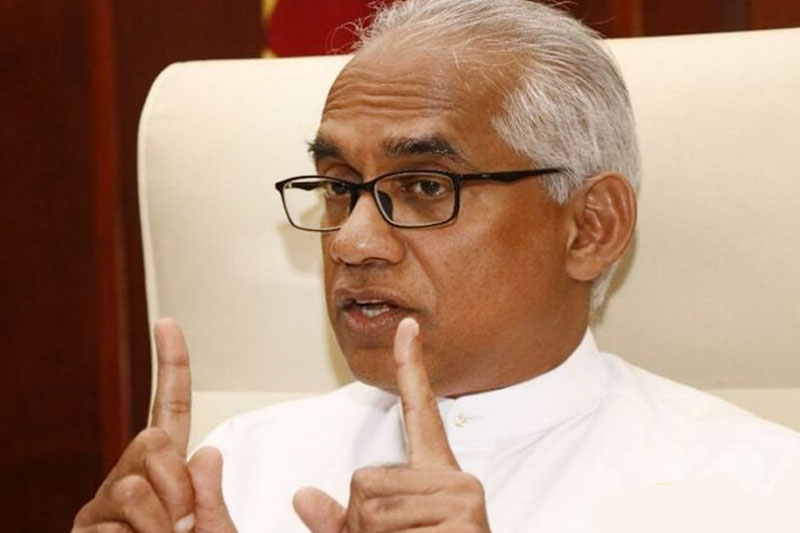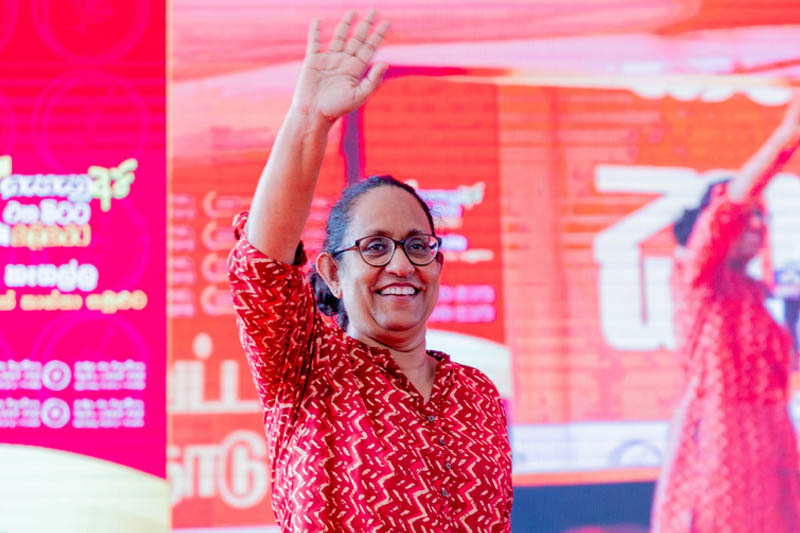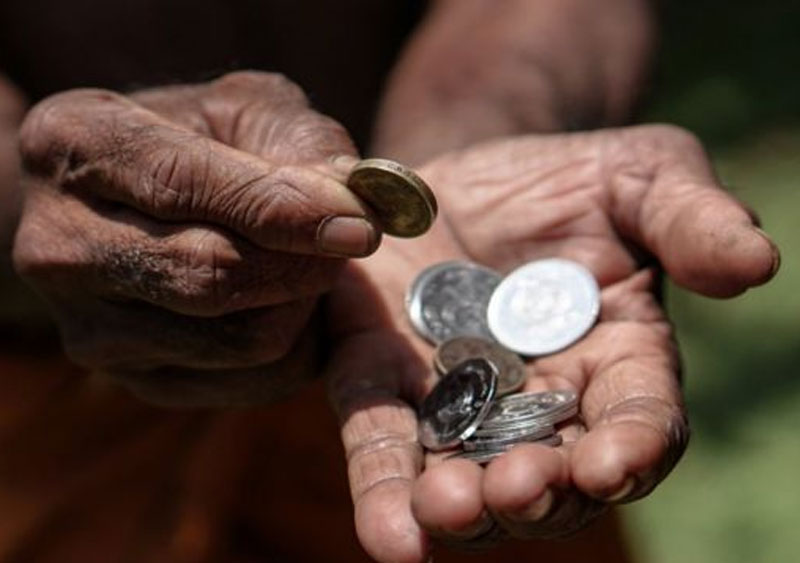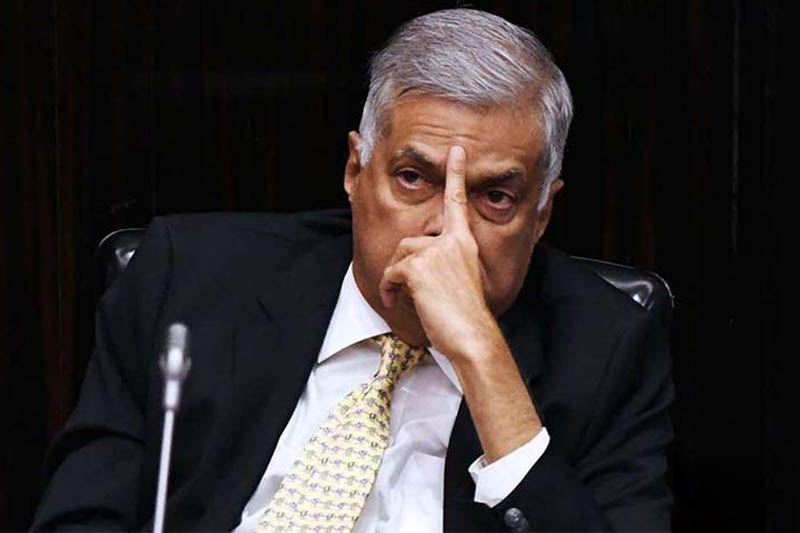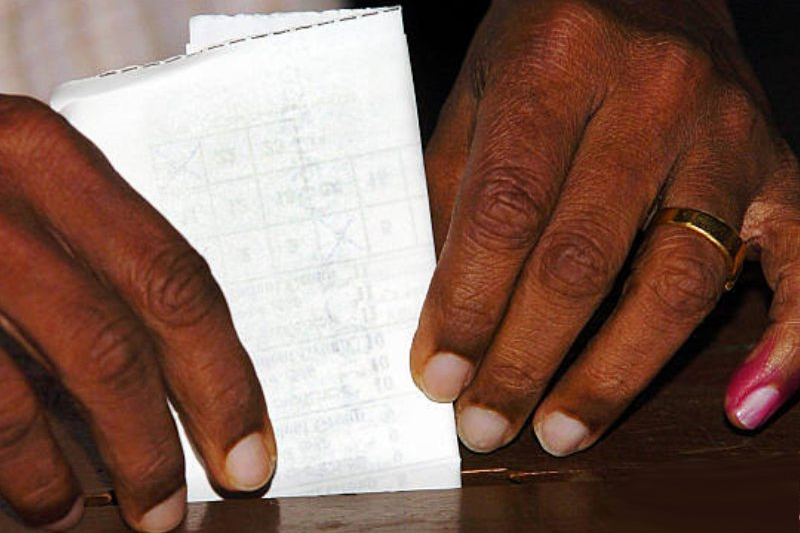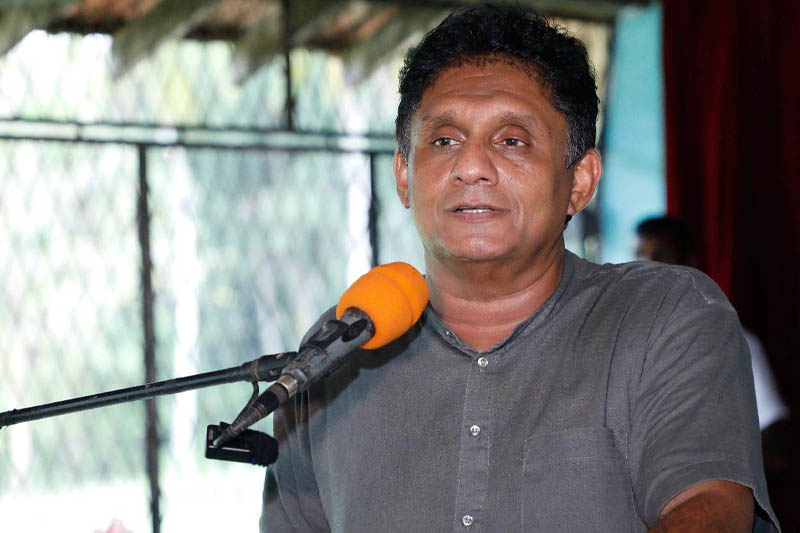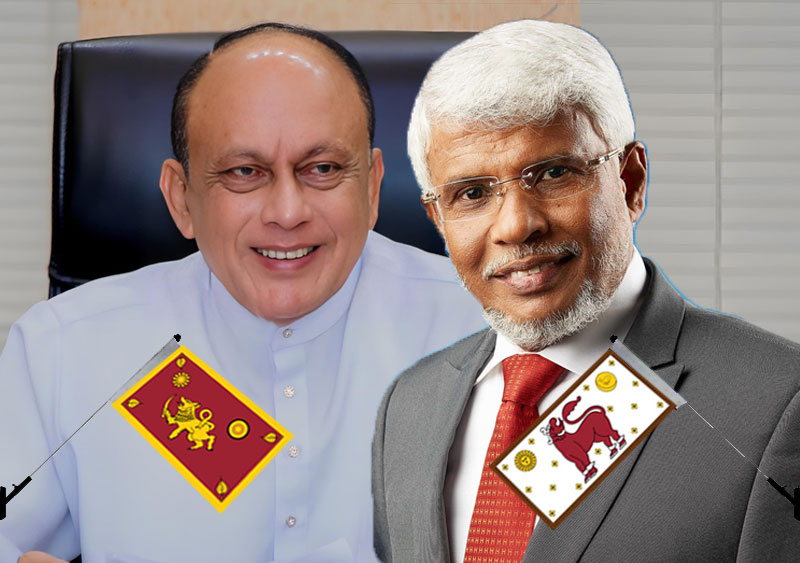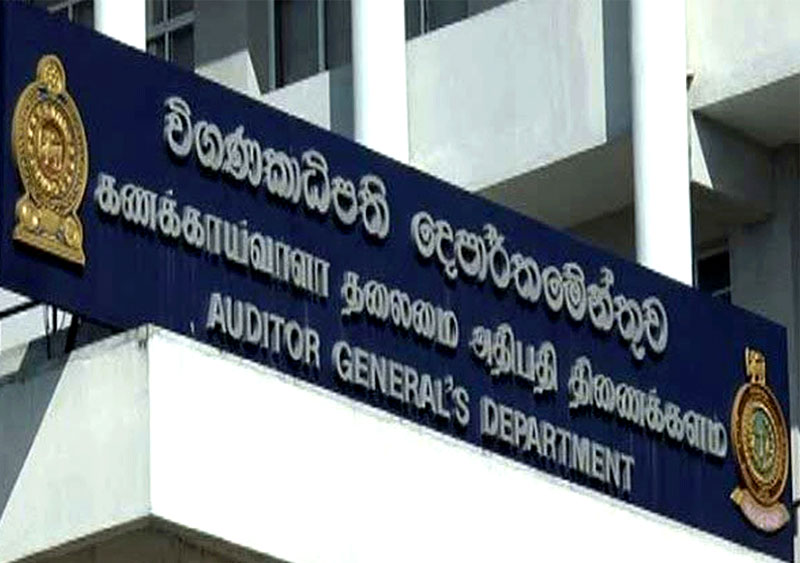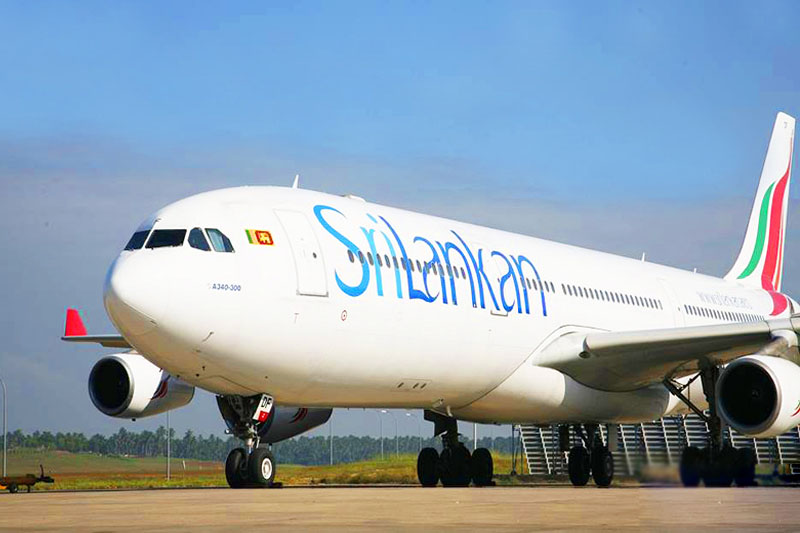SJB MP Eran Wickramaratne emphasised that Sri Lanka’s national security is not solely a military endeavor, but one that has great political and economic relevance.
Noting that this relies on the foreign policy of the country and that of the role of the Foreign Ministry, Wickramaratne said that peaceful coexistence with immediate and regional neighbours, devoid of military alliances, taking the lead in promoting regional integration, is the strategic and realistic way forward for the country.
Speaking on the committee stage debate of the Ministry Of Foreign Affairs in Parliament on Thursday (07), he said that Sri Lanka’s passport, ranked at the 97th place among global passports, brings to light the status of the country and its foreign policy as a whole.
"This being the real status of Sri Lanka among the global community, foreign policy is to be determined in terms of what needs to be done. We belong to the non-aligned movement, which is a platform only. Unlike the bipolar era of the past, today, our foreign policy must be multi-aligned with nations and global agencies which are currently yielding global power," he noted.
The MP also said that such a policy approach must be both strategic in content for long-term benefit and tactical in application for short-term advantage, but in line with national interests and aspirations of all communities of the country. He opined that the foreign policy strategy and engagement must have economic diplomacy at the core of its policy formulation. Sri Lanka must trade with all states for mutual benefit and maintain an open market economy.
"Over 10% to 15% of Sri Lankans now live overseas for economic reasons with significant foreign exchange flowing in as inward remittances. The country’s foreign relations must consider interests of the said overseas communities, whilst actively engaging Sri Lankans living overseas, in the county’s economic and development strategy, including skills-transfer and trade," Wickramaratne observed.
He said that the country has to be mindful of maintaining good relationships with all our neighboring countries. "This is the challenge we face in geo politics of today as a small nation. In building these relationships we need to acknowledge our own government made constraints, both internal and external and the state of governance and institutions in this country. He listed out the areas that are paralysed by failures in governance such as Rule of Law, the economy, Human Rights, reconciliation, politico – military nexus and related problems, climate and environmental reality, social issues in terms of health, ageing population and human resource constraints."
He also pointed out that Sri Lanka must re-establish credibility, both internally and externally. "Rebuilding credibility is essential in restoring trust and confidence internally (among minorities in particular) and externally with Sri Lanka’s interlocutors – i.e. countries, especially bilateral partner nations that have been close to Sri Lanka such as Japan, USA, Canada."
He urged that the government must uphold its domestic responsibilities, in the absence of which sovereignty erodes over time. "Taking measures to rebuild and regain sovereignty is of critical importance. With this in mind, we must pursue an authentic re-branding process overtime backed by credibility."
"Sri Lanka claims to be a democratic, multi-ethnic, multi-lingual and it stands for human rights – it has to mean what it says and build a reputation for actually being so. Values that Sri Lanka upholds and propagates to be evident, enhancing the country’s standing in the world as a trusted and credible partner/interlocutor," he added.

